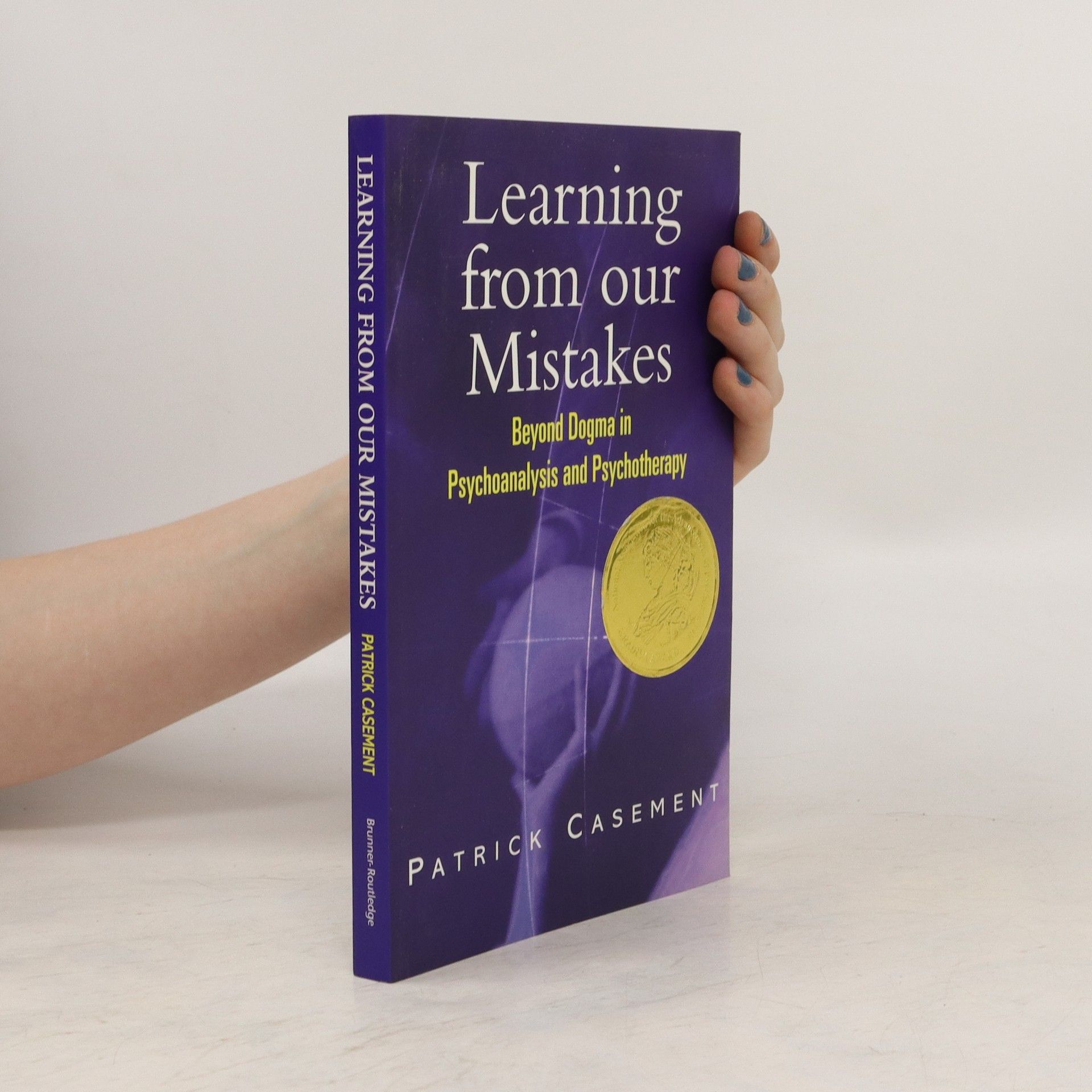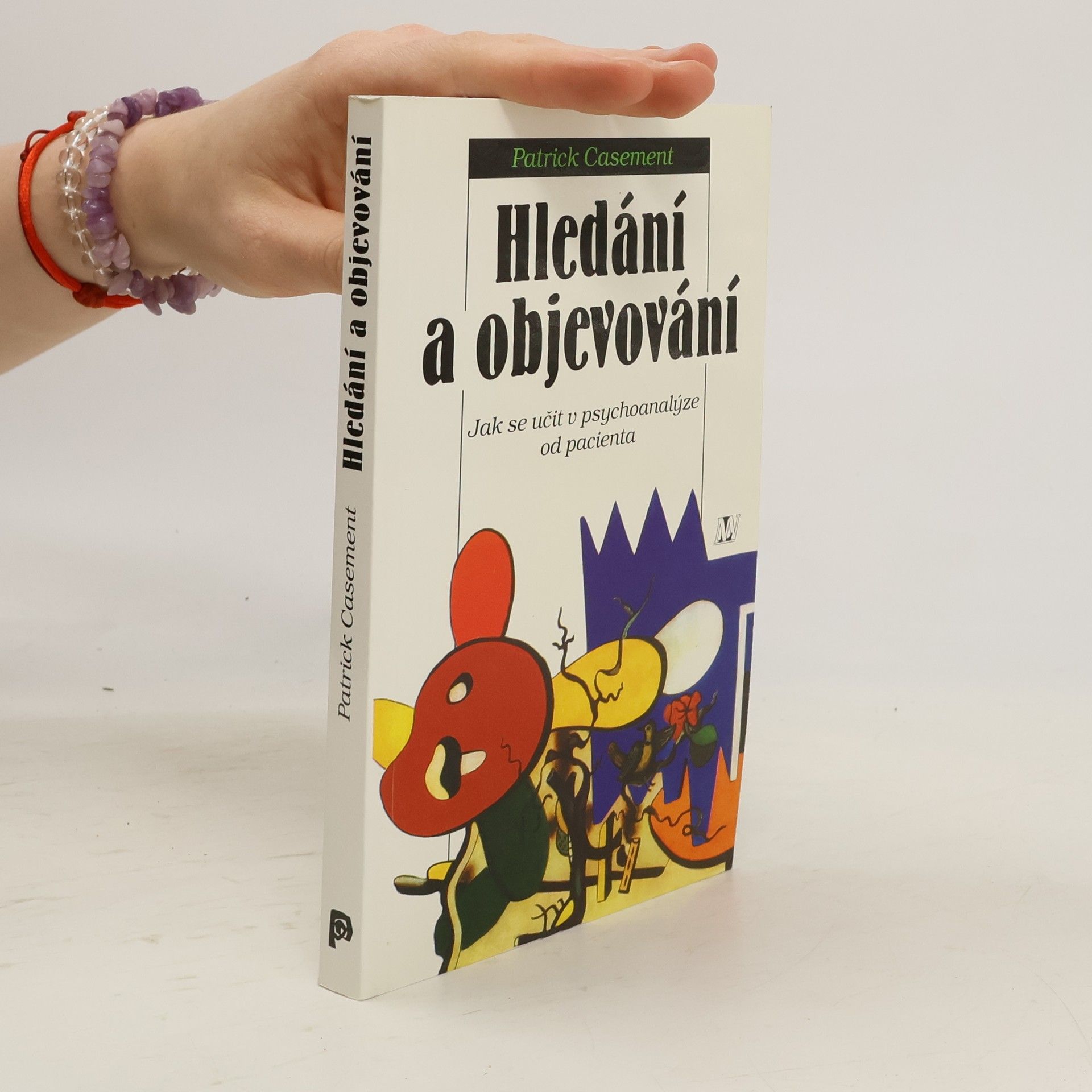Hledání a objevování: jak se učit v psychoanalýze od pacienta
- 268 stránek
- 10 hodin čtení
Podtitul: Jak se učit v psychoanalýze od pacienta





Podtitul: Jak se učit v psychoanalýze od pacienta
Further Reflections on Psychoanalysis and Psychotherapy
The book delves into Patrick Casement's evolution of psychoanalytic techniques, highlighting his insights on internal supervision and the concept of trial identification with patients. Through a reflective lens, Casement shares his experiences and the practical implications of these contributions, offering a deeper understanding of the therapeutic process and its nuances. This exploration not only showcases his theoretical advancements but also emphasizes their application in clinical settings.
Learning from our Beyond Dogma in Psychoanalysis and Psychotherapy examines some of the problems that are inherent to psychoanalysis, particularly in view of the analyst's claim to know the patient's mind better than the patient which can blind the analyst to those times when he is in error. Patrick Casement examines the processes of supervision and internal supervision by which practitioners can develop their awareness of the patient's experiences within the clinical encounter, and particularly considers the issue of mistakes and enactments by the analyst. Illustrated with numerous clinical descriptions and taking into account psychoanalysis over the past 100 years, Casement makes a strong case for being open minded rather than dogmatic in clinical practice.This book will be invaluable to practitioners, trainers and trainees of psychoanalysis and psychotherapy, and is readily accessible to the educated general reader.
What is it that lies beyond our knowing, beyond our imagination, and beyond our understanding: beyond the reach of either science or philosophy? Might there be some unimaginable energy, some incomprehensible wisdom and purpose that will forever remain beyond our comprehending? Patrick Casement explores the questions that arise repeatedly in the minds of all those who have faith, or an interest in faith. Some of the pieces in this collection are from the early part of his life, before he became interested in psychoanalysis, when as a young man he considered ordination. These are followed by reflections from later life, looking at his life's journey and how faith and psychoanalysis have been entwined throughout. This collection is offered to the reader in the hope that some of it might resonate in the minds of others who have been asking similar questions about life, and why are we here.